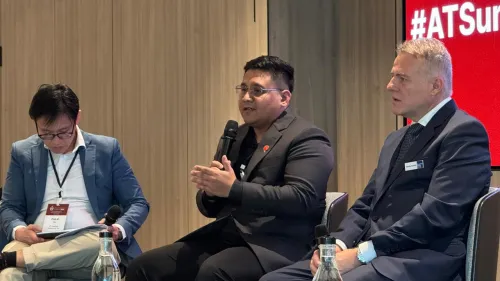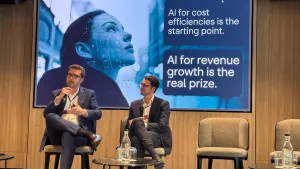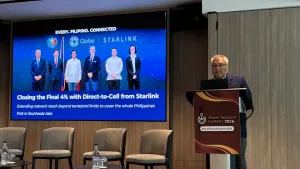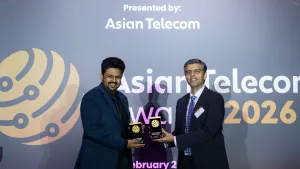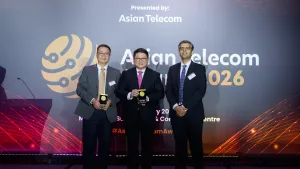
Australian telcos to benefit from M2M/IoT connectivity trends
Mobile services market said to be set for significant transformation.
The likes of Telstra are in a position to reap rewards as Australia's 5G mobile subscriptions and cellular M2M/IoT (machine-to-machine / Internet of Things) connections grow.
"The growing demand for IoT solutions and connectivity is poised to significantly transform the mobile services market in Australia, and operators who offer dedicated M2M/IoT connectivity plans and services targeted at emerging use cases will stand to benefit from the trend," said GlobalData Telecom Analyst Srikanth Vaidya.
According to GlobalData, cellular M2M/IoT connections in Australia are estimated to reach 22.1 million by 2030, with the compound annual growth rate (CAGR) over five years from 2025 standing at 8.7%. Meanwhile 5G mobile subscriptions are expected to grow at a CAGR of 12.6%.
"Evolving use cases for M2M/IoT across industries – such as telehealth & remote diagnostics, smart retail stores, smart manufacturing, fleet management & logistics, smart cities & infrastructure, automation in agriculture, and cybersecurity-enhanced networks – combined with telcos' dedicated connectivity plans will also drive M2M/IoT adoption in the country over the forecast period," noted Vaidya.
Read more: Australia's mobile service revenue to hit $10.8b in 2028
So, how are telecom companies in Australia responding to the market changes?
GlobalData reported: "Telstra will lead Australia's M2M/IoT market in terms of subscriptions through 2030, primarily driven by its flexible IoT/M2M data plans tailored for low-data sensors and high-usage connected devices. The company's IoT data SIM plans start from 50KB at AU$1.76, whilst shared data plans range up to 1TB at AU$605.
"Optus too offers a suite of IoT solutions, including telematics, connected car, emergency lift phone replacing PSTN (public switched telephone network), and digital signage, designed to simplify and enable business processes – from optimising fleet management to ensuring reliable communication systems."
Aside from new use cases for IoT/M2M connectivity, also driving connections are strong government support, 5G network modernisation, and widespread 5G services adoption.
